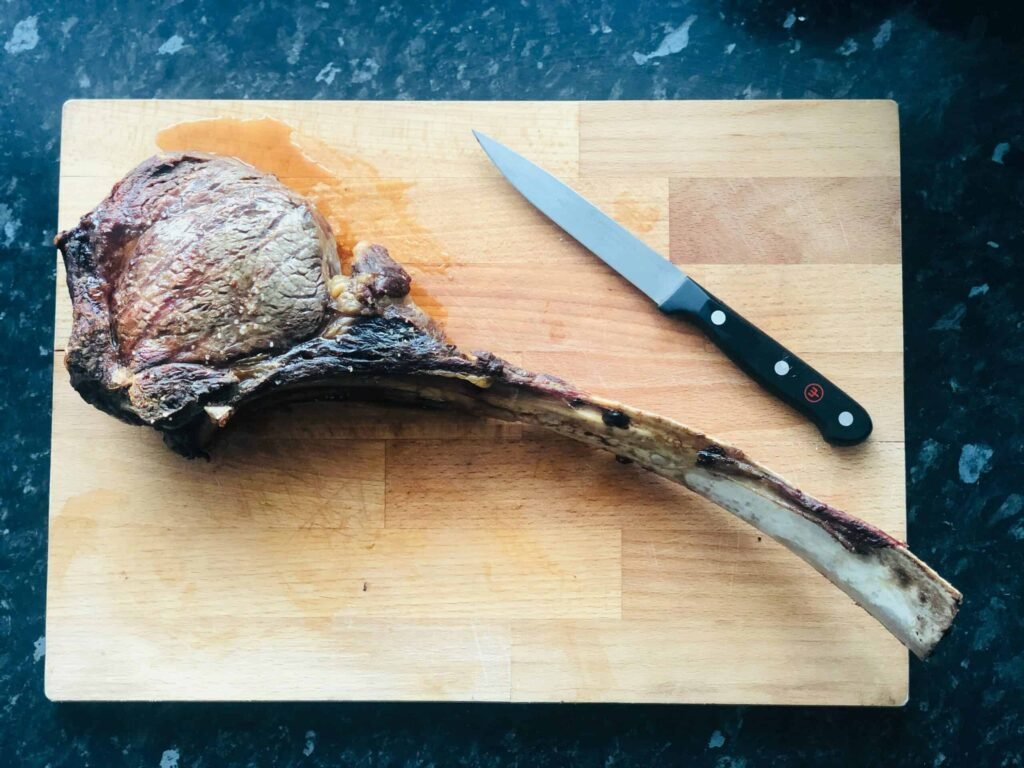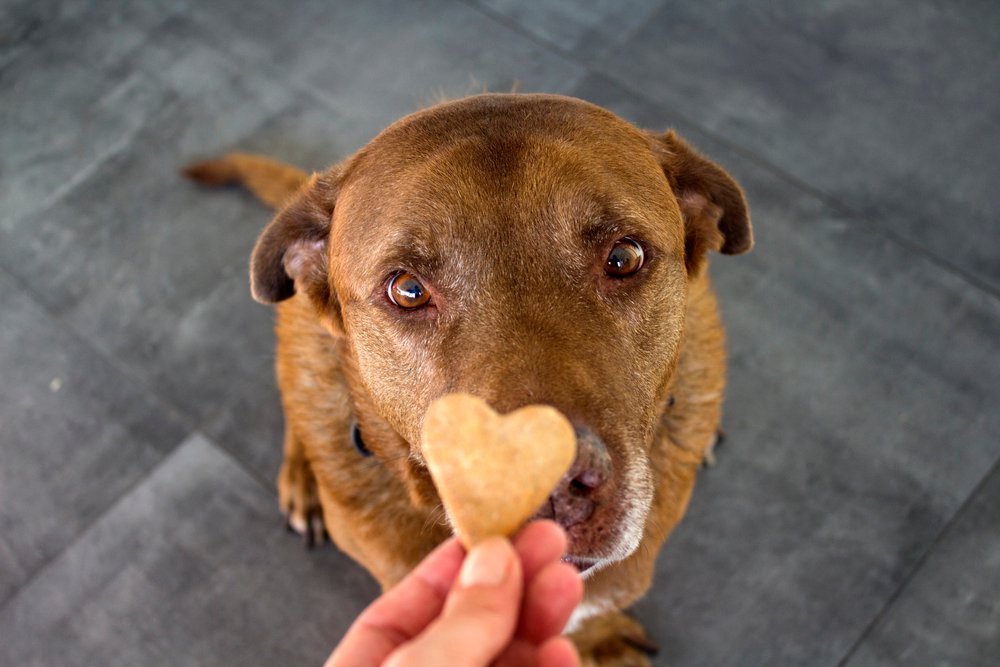Like humans, dogs have specific dietary requirements essential to their health and longevity. Understanding these needs is the first step toward providing a balanced diet that can extend your pet’s life. This entails getting familiar with the essential nutrients your dog needs daily, including proteins, carbohydrates, fats, vitamins, and minerals. Each of these nutrients performs crucial functions, from muscle and tissue repair to energy production and immune support.
The Importance of Whole Foods

Whole foods, which are minimally processed and free from artificial additives, are key to a dog’s nutrition. Feeding your dog a diet rich in meats, vegetables, and grains can provide their dietary needs in a natural and digestible format. Opt for high-quality dog food brands that emphasize whole ingredients, or consider a homemade diet under the guidance of a veterinarian. Whole foods ensure that your dog gets a range of nutrients without unnecessary fillers or preservatives.
Understanding Portion Control

Portion control is crucial in preventing obesity, a common problem that significantly shortens a dog’s lifespan. Obesity contributes to numerous health issues, including diabetes, joint problems, and heart conditions. To prevent overfeeding, follow the feeding guidelines provided by your dog food manufacturer and adjust according to your pet’s age, size, and activity level. Regularly consult with your veterinarian to establish the right portion sizes for your dog.
The Role of Protein in Your Dog’s Diet

Protein is a vital component in a dog’s diet, serving as the building block for muscles, skin, and other tissues. Dogs are omnivores, but they rely heavily on proteins to thrive. Ensure your dog has high-quality animal proteins from sources like chicken, beef, or fish. Always prioritize foods that list specific meat types as the first ingredient. Proteins also help with hormone production and immune function, safeguarding your dog’s overall health.
Don’t Forget About Carbohydrates

Carbohydrates provide energy that powers your dog throughout the day. While protein is often prioritized, carbohydrates in the form of whole grains, vegetables, and certain fruits should not be overlooked. These also offer essential fibers, supporting a healthy digestive system. Balance is key, as excessive carbohydrates can lead to weight gain much like excessive fats and proteins.
Fats Are Crucial Too

Fats are another essential component of a dog’s diet, contributing to the development of healthy skin and coat, brain function, and energy levels. Look for foods with healthy fats, such as those from fish oil, flaxseed oil, or chicken fat. Fats should compose about 10-15% of your dog’s diet, depending on their activity level and life stage. Remember that while fats are necessary, moderation is essential to avoid weight gain.
The Importance of Hydration

Water is the most critical nutrient for dogs, as it is for all living beings. Ensure your dog has constant access to fresh, clean water, as dehydration can lead to severe health complications. Water supports digestion, nutrient absorption, and temperature regulation. Monitor your dog’s water intake, especially during hotter months or after exercise, to prevent dehydration.
Special Considerations for Puppies vs. Adult Dogs

Puppies and adult dogs have different nutritional needs. Puppies require more nutrients for growth, including higher protein and fat levels to support development. Puppy-specific formulae have controlled levels of calcium for proper bone growth. Adult dogs, on the other hand, require balanced maintenance diets to prevent weight gain and maintain health. Tailor your dog’s food choices to their life stage to ensure their dietary needs are adequately met.
Recognizing Food Allergies and Sensitivities

Just like humans, dogs can experience food allergies or sensitivities. Symptoms can include itchy skin, digestive upsets, and ear infections. If you suspect your dog has a food allergy, consult a veterinarian to conduct an elimination diet or allergy test to pinpoint the problematic ingredient. Identifying and eliminating allergens from their diet can greatly enhance their quality of life and longevity.
Supplements: When and What to Consider

While a balanced diet often provides the necessary nutrients, some dogs may benefit from specific supplements, especially as they age. Omega-3 fatty acids can support joint health and a shiny coat, while probiotics can enhance gut health. Always consult your veterinarian before introducing supplements to your dog’s diet to ensure they’re necessary and won’t interfere with any health conditions your pet may have. By following these best nutrition practices, you can help ensure your beloved canine companion leads a long, healthy, and joyful life. Regular veterinary check-ups and a keen understanding of your dog’s unique needs will further aid in crafting the perfect diet to support their well-being for years to come.






